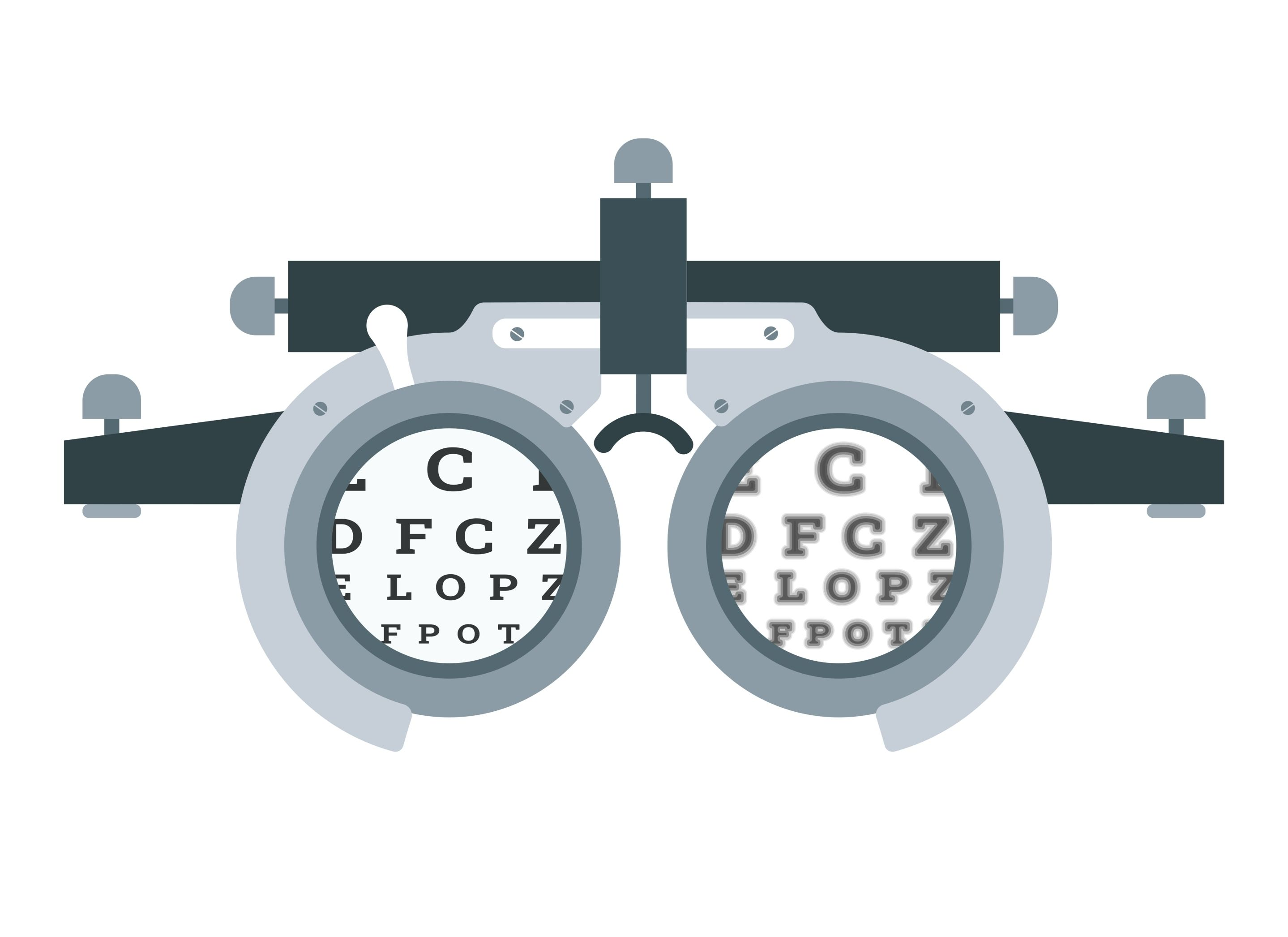Recent years have seen the narrative around UK healthcare dominated by discussion of high demand and slow movement, with NHS waiting lists at an all-time peak of 7.22 million (bit.ly/3LuSgnz). Despite these problems, Britain possesses an important resource, key to rapidly advancing its healthcare offering: its dominance in the development of innovative healthtech.
Through the increased use of technology, British healthcare has the potential to simultaneously improve its quality while streamlining services and cutting down on waiting lists. With investment in UK healthcare technology soaring over the past decade – growing nine-fold between 2016 and 2021 – Britain has developed into a leading nation in the global healthtech revolution, a prominence which will be crucial in supporting the country’s healthcare services over the coming years.
Lending a robotic hand, or four…
Over the past century, medicine has witnessed an exponential progression in both its breadth and its sophistication; yet in spite of this rapid development, healthcare is far from immune to the risks of human error. The next step for medicine – and one which has already begun in earnest – is to develop technology which can significantly reduce and even eliminate the impact of human error and knock on delays or pressures.
Through ever-improving robotic technologies, medical professionals protect their patients from human fallibility. The Da Vinci System is one such example. The four-armed robot, specifically designed for medical use, has been employed by the NHS for over two decades; yet the past few years have witnessed an explosion in Da Vinci’s usage across a vast array of medical procedures and innovative surgeries. With the increased precision they offer, these “robotic surgeons” play a significant part in reducing human error while at the same time streamlining procedures to render them less invasive, minimising healing time and further potential costs to the NHS.
 “British healthcare has all the ingredients to flourish in a technologically-driven future”
“British healthcare has all the ingredients to flourish in a technologically-driven future”
